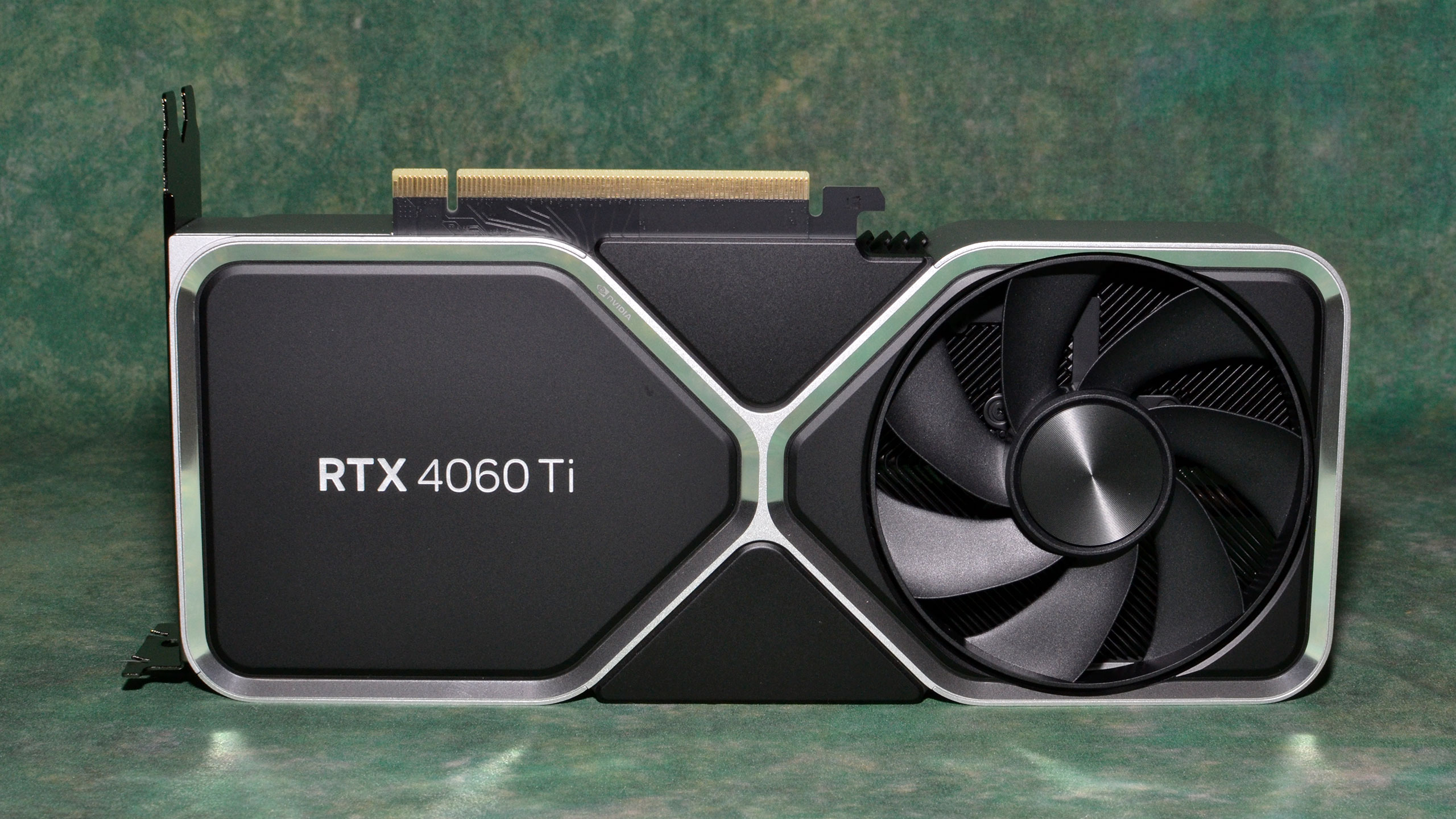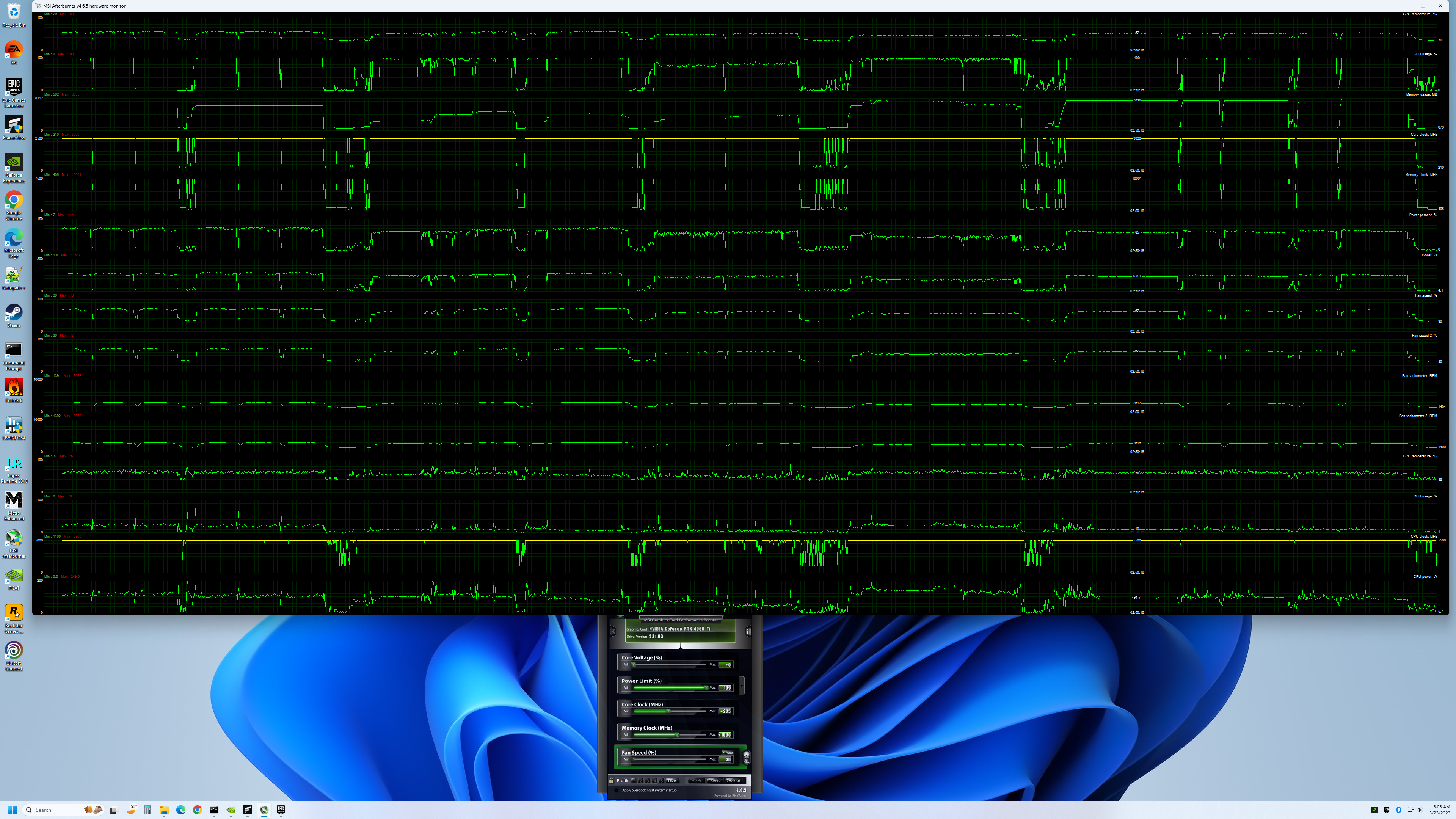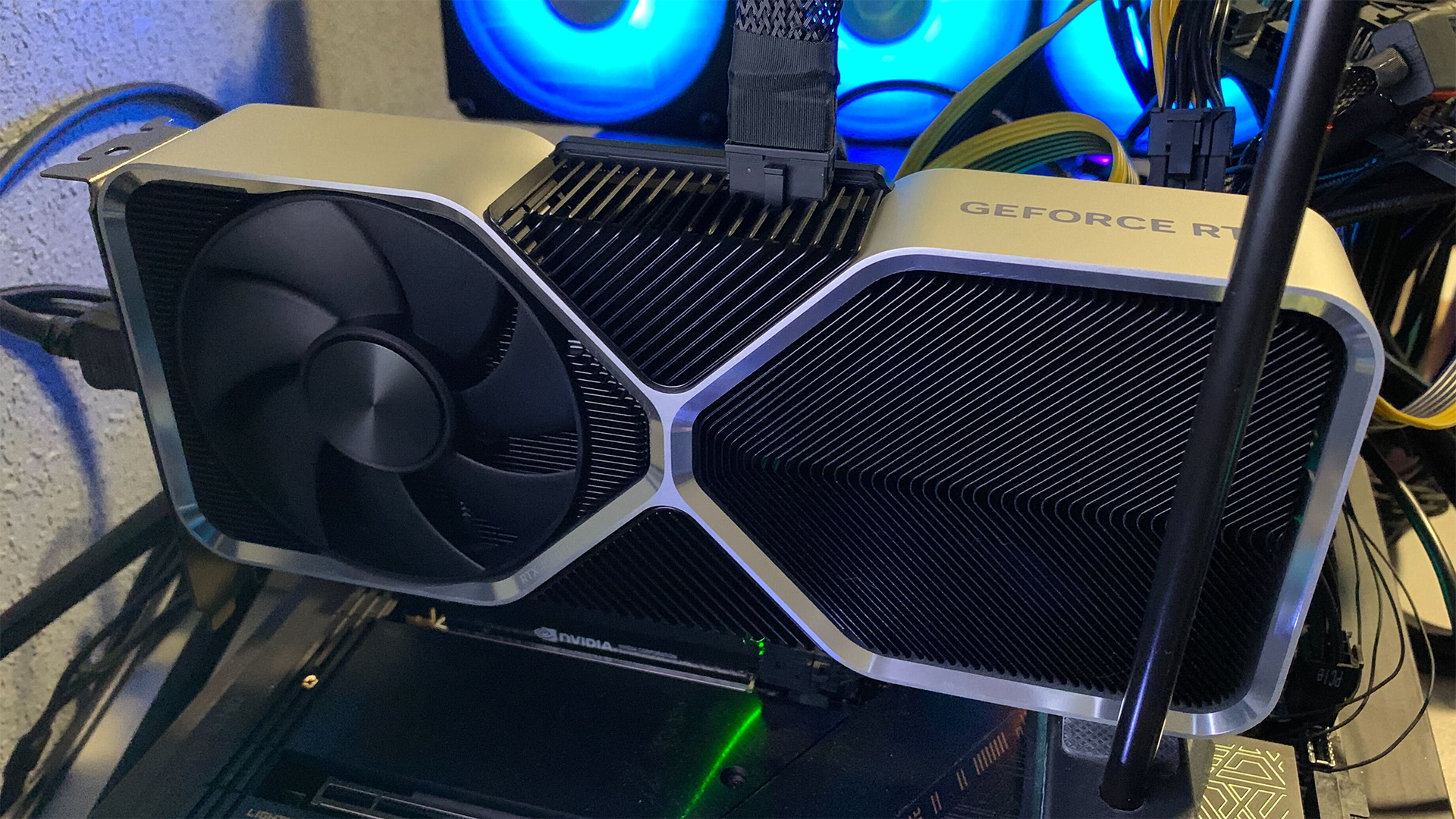Why you can trust Tom's Hardware
Nvidia RTX 4060 Ti Founders Edition Overclocking
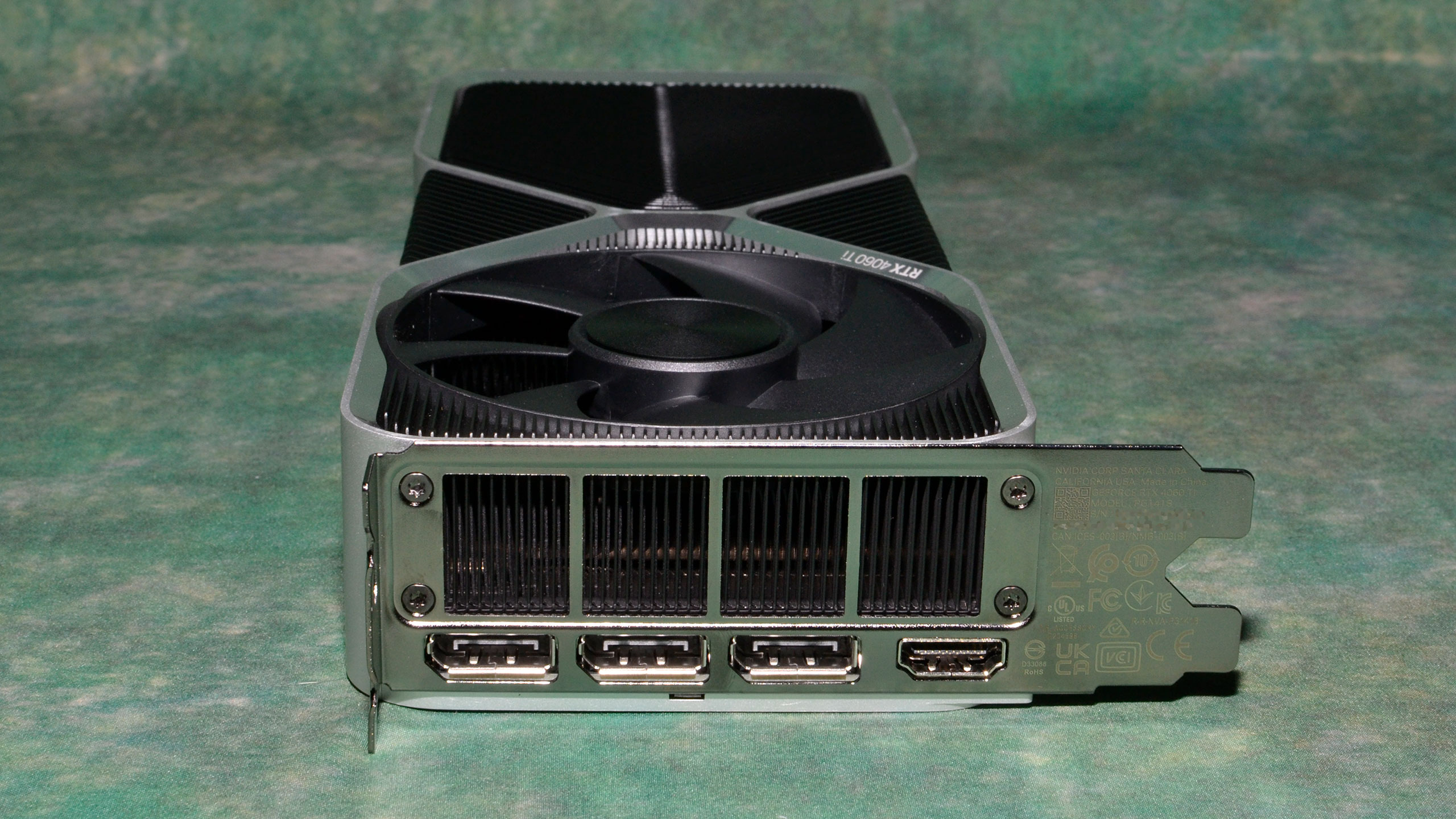
Our overclocking process doesn't aim to fully redline the hardware, but instead looks to find "reasonably stable and safe" overclocks. We start by maxing out the power limit (using MSI Afterburner), which is 109% for the 4060 Ti Founders Edition — and that varies by card manufacturer and model.
Next, we look for the maximum stable GPU core overclock. We were able to hit up to +250 MHz on the RTX 4060 Ti with our initial testing, and backed off slightly to a +225 MHz overclock after additional tuning. Note that there's no way to increase the GPU voltage short of doing a voltage mod, which is often a limiting factor for RTX 40-series cards.
The switch to GDDR6 memory from GDDR6X memory means a drop of about 3 Gbps in general, though we weren't sure how far we'd be able to push the 4060 Ti. It ended up being about the same as many of the GDDR6X cards. We were able to reach +1250 MHz before crashing at +1500 MHz (21 Gbps effective). Because Nvidia has error detection and retry for the VRAM, you don't want to fully max out the memory speed, so we backed off to +1000 MHz (20 Gbps). We're not certain what memory chips are used, so perhaps they're rated for 20 Gbps.
With both the GPU and VRAM overclocks and a fan curve set to ramp from 30% at 30C up to 100% at 80C, we were able to run our full suite of gaming tests at 1080p and 1440p ultra without any issues. We'll include those results in the charts.
The above image shows the results of our overclocked settings, as well as a limited view of power, clocks, and temperatures (via Afterburner's line charts). The AD106 GPU ran quite cool, as did the GDDR6 memory. You can also see that GPU clocks were hitting around 3000 MHz while running games.
As is always the case with overclocking, there's trial and error. Our results aren't particularly aggressive, but they still may not represent what you can achieve with a different card — even other RTX 4060 Ti Founders Edition cards may show slightly different results. Our focus is first on stability (any crash means we drop clocks and try again until we don't get any problems), with maximum performance being a secondary concern.
Across our test suite, the above overclock improved performance by 7% on average at 1080p ultra, and 8% at 1440p ultra. Bright Memory Infinite Benchmark showed the largest change at up to 13% higher performance, while many other games only showed a 5–7 percent increase in performance.
Nvidia RTX 4060 Ti Test Setup
We updated our GPU test PC at the end of last year with a Core i9-13900K, though we continue to also test reference GPUs on our 2022 system that includes a Core i9-12900K for our GPU benchmarks hierarchy. (We'll be updating that later today, once the embargo has passed.) Our RTX 4060 Ti review will use the 13900K results for gaming tests, which ensures, as much as possible, that we're not CPU limited. We also use the 2022 PC for AI tests and the professional workloads.
TOM'S HARDWARE INTEL 13TH GEN PC
Intel Core i9-13900K
MSI MEG Z790 Ace DDR5
G.Skill Trident Z5 2x16GB DDR5-6600 CL34
Sabrent Rocket 4 Plus-G 4TB
be quiet! 1500W Dark Power Pro 12
Cooler Master PL360 Flux
Windows 11 Pro 64-bit
TOM'S HARDWARE 2022 PC
Intel Core i9-12900K
MSI Pro Z690-A WiFi DDR4
Corsair 2x16GB DDR4-3600 CL16
Crucial P5 Plus 2TB
Cooler Master MWE 1250 V2 Gold
Corsair H150i Elite Capellix
Cooler Master HAF500
Windows 11 Pro 64-bit
OTHER GRAPHICS CARDS
AMD RX 6750 XT
AMD RX 6700 XT
AMD RX 6700 10GB
AMD RTX 6650 XT
AMD RX 6600 XT
Intel Arc A770 16GB
Intel Arc A750
Nvidia RTX 4070
Nvidia RTX 3080
Nvidia RTX 3070 Ti
Nvidia RTX 3070
Nvidia RTX 3060 Ti
Nvidia RTX 3060
Multiple games have been updated over the past few months. We retested most of the cards for the RTX 4070 review, and we've retested additional midrange cards for this review. We're running Nvidia preview 531.93 drivers for the 4060 Ti, while other Nvidia cards were tested with 531.41–531.79 drivers. For AMD, the GPUs used 23.2.1–23.4.2 drivers. Intel's Arc A770 cards were (re)tested with the latest 4369 drivers.
Our current test suite consists of 15 games. Of these, nine support DirectX Raytracing (DXR), but we only enable the DXR features in six of the games. At the time of testing, 12 of the games support DLSS 2, five support DLSS 3, and five support FSR 2. We'll cover DLSS performance in a separate section on upscaling.
We tested the 4060 Ti at 1080p (medium and ultra), 1440p ultra, and 4K ultra — ultra being the highest supported preset if there is one, and in some cases maxing out all the other settings for good measure (except for MSAA or super sampling). We'll only have limited commentary on the 4K results, as the 4060 Ti generally isn't intended to work well at that resolution (at least not in more demanding games).
Our PC is hooked up to a Samsung Odyssey Neo G8 32, one of the best gaming monitors around, allowing us to fully experience some of the higher frame rates that might be available. G-Sync and FreeSync were enabled, as appropriate. As you can imagine, getting anywhere close to the 240 Hz limit of the monitor proved difficult, as we don't have any esports games in our test suite.
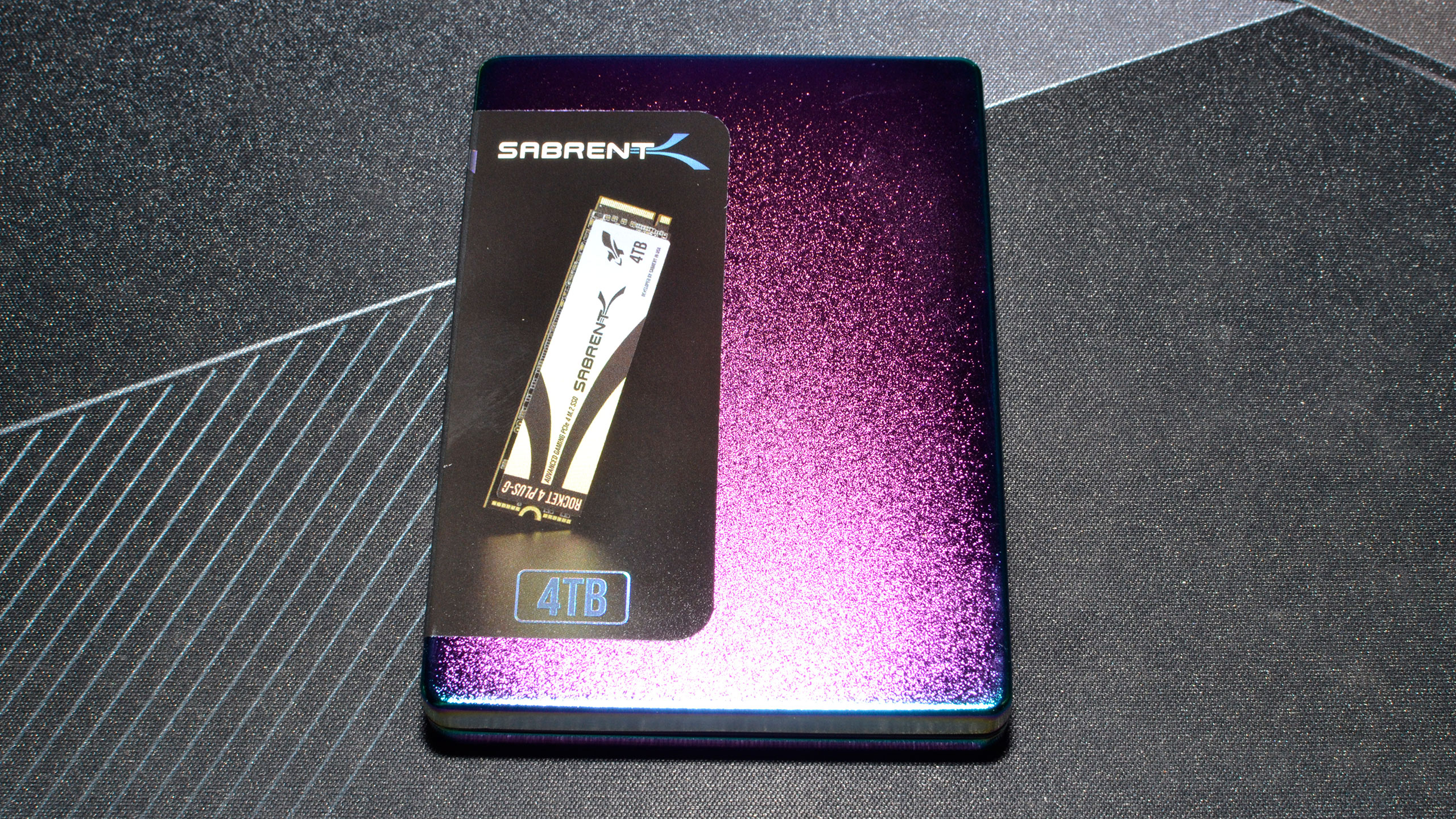
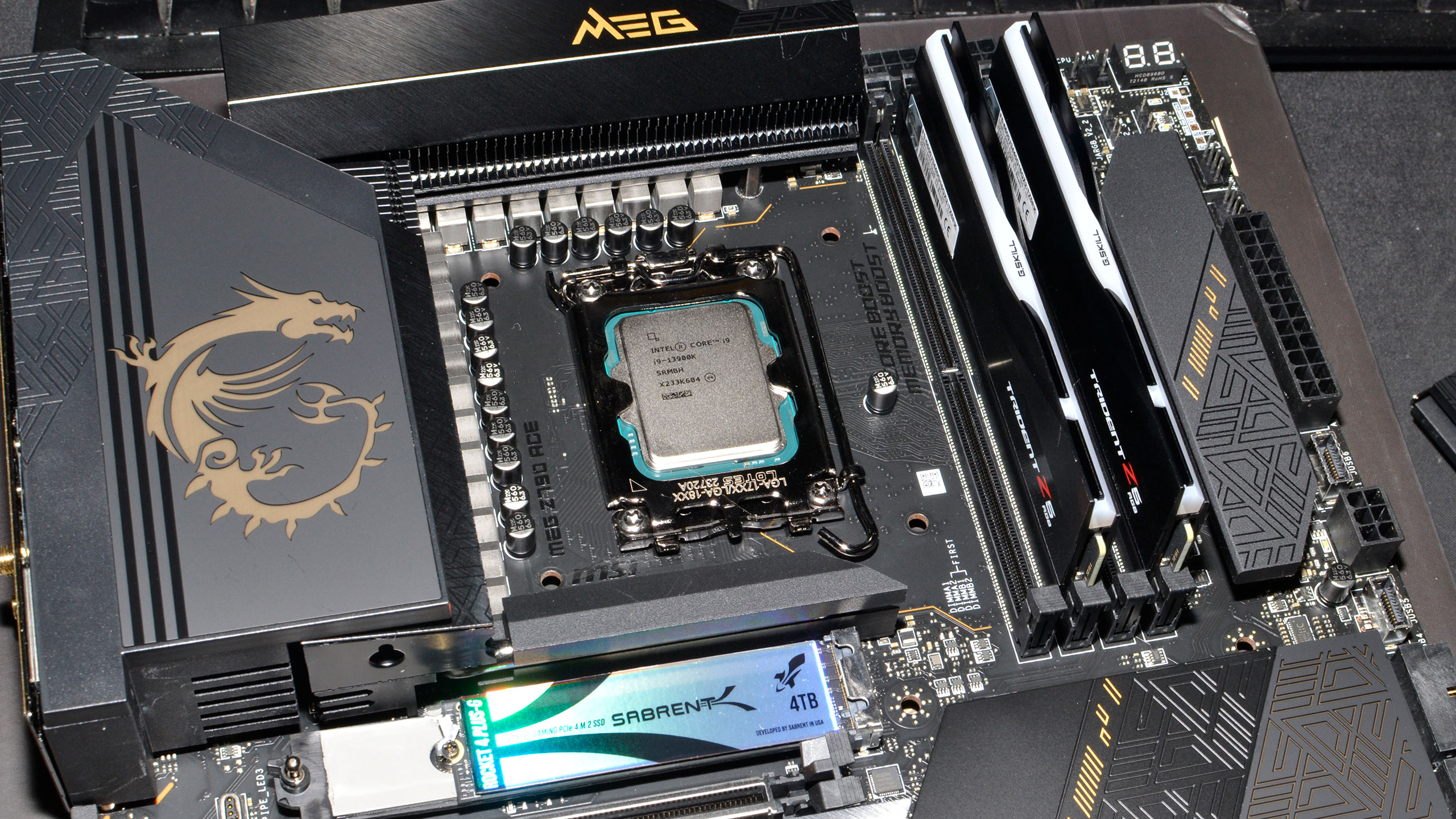
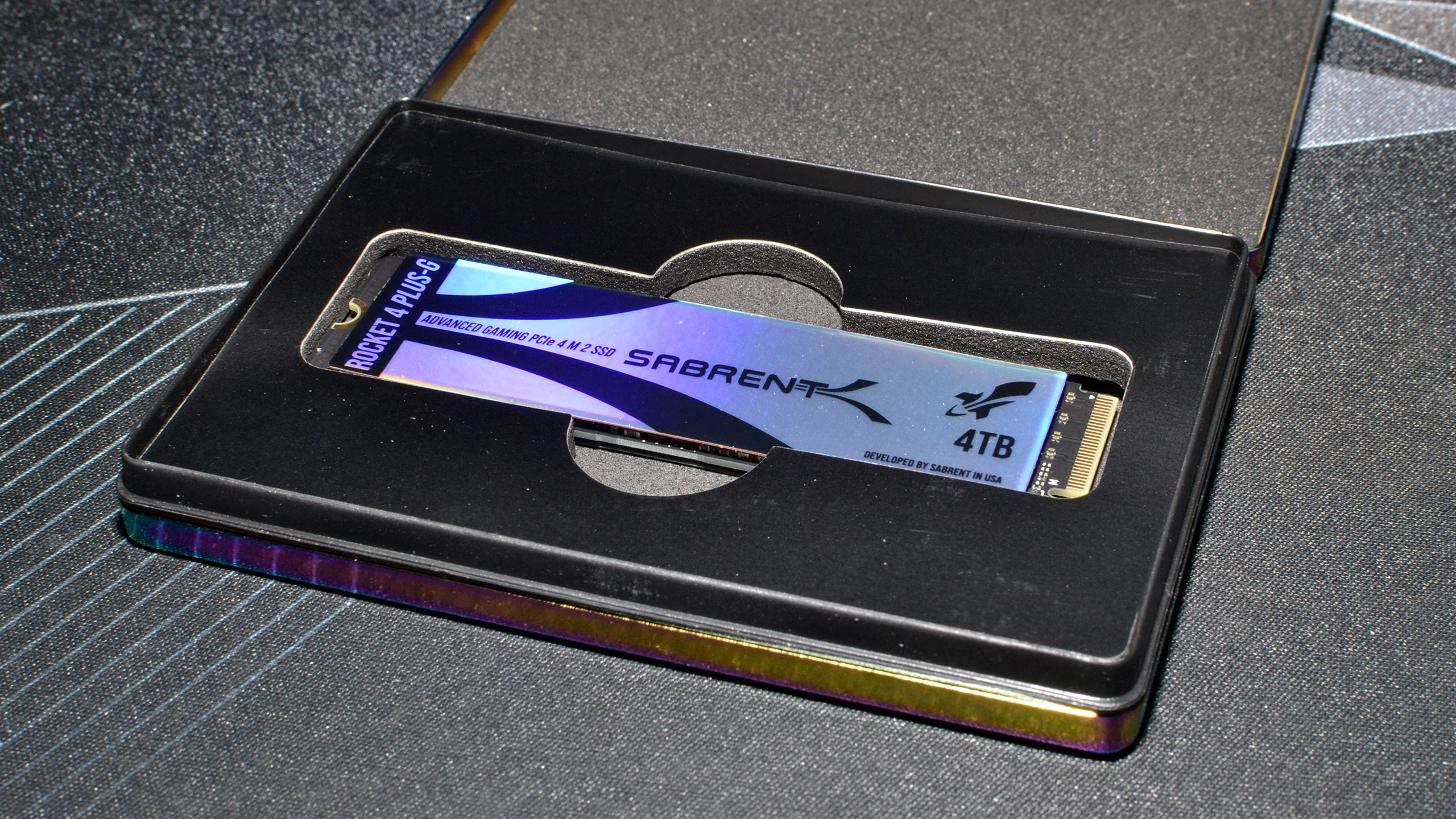
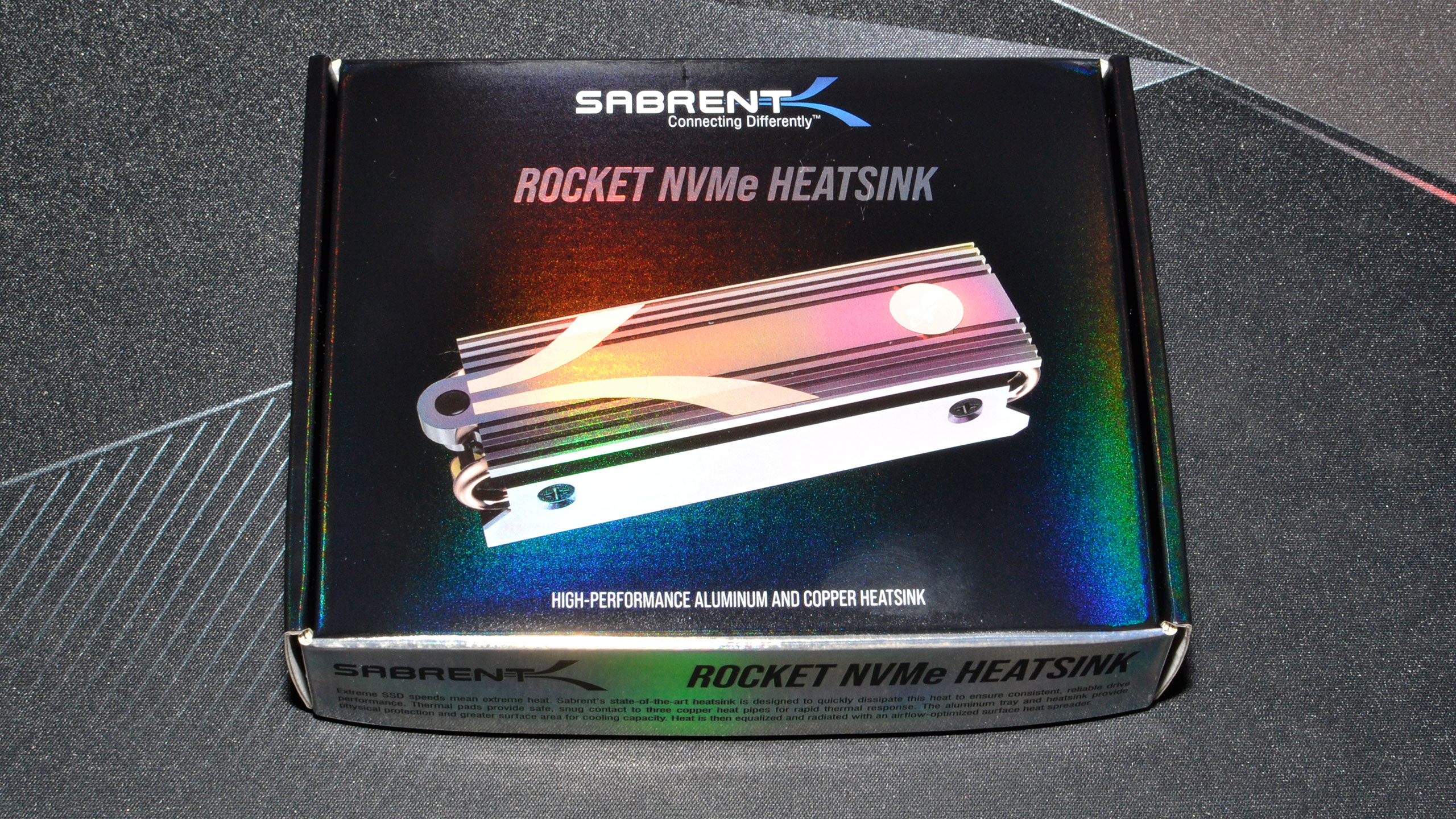
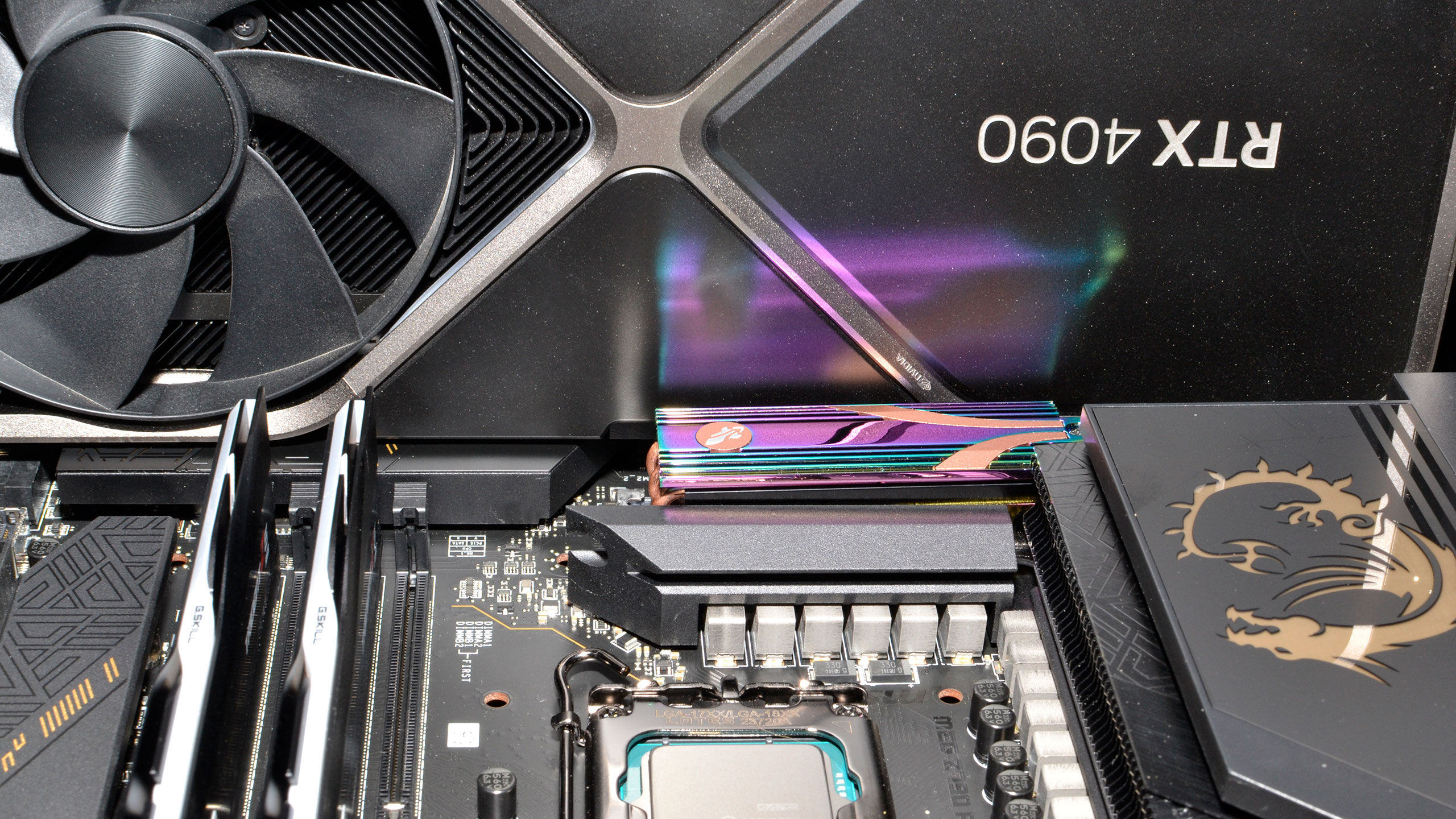
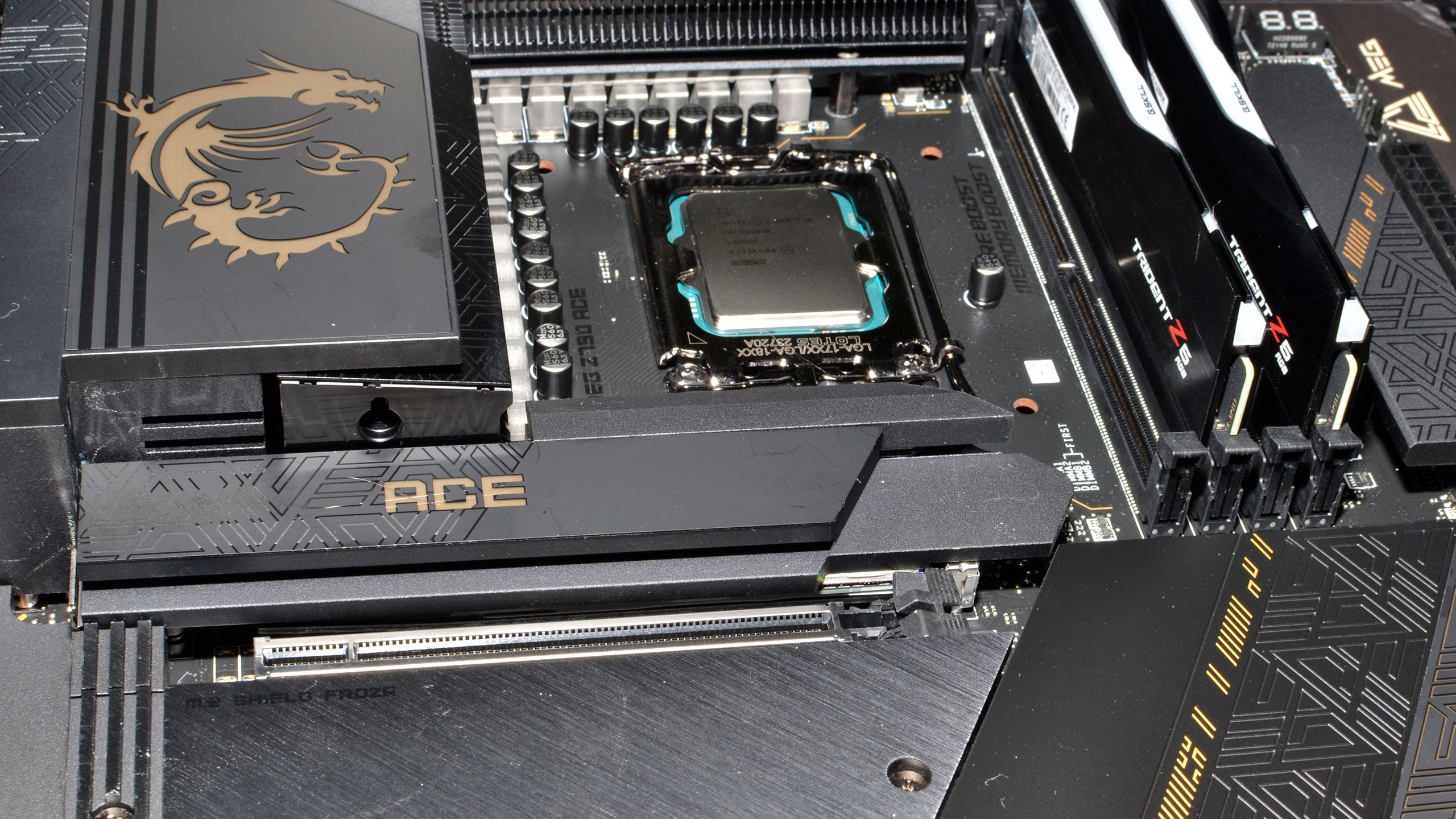
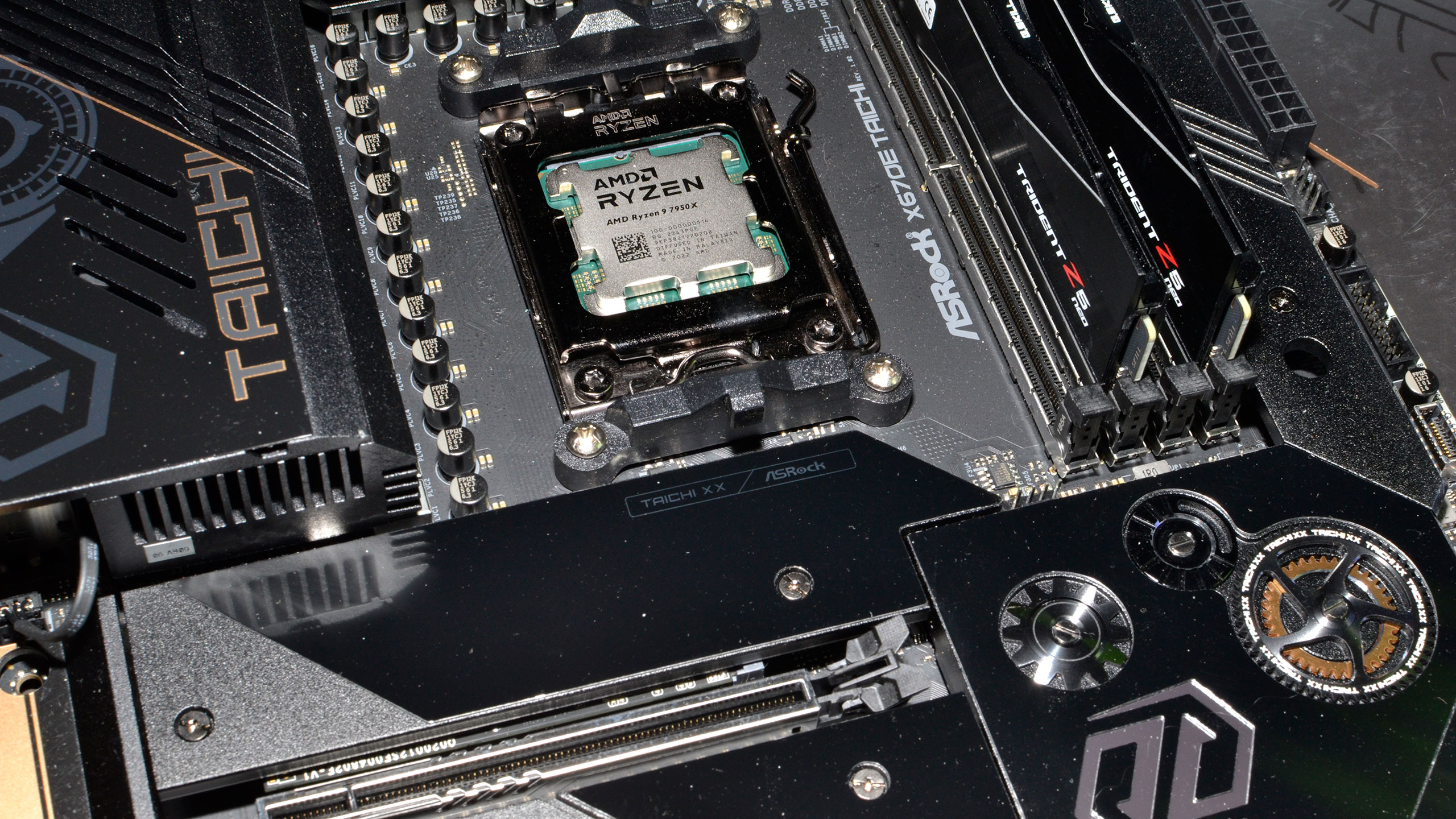
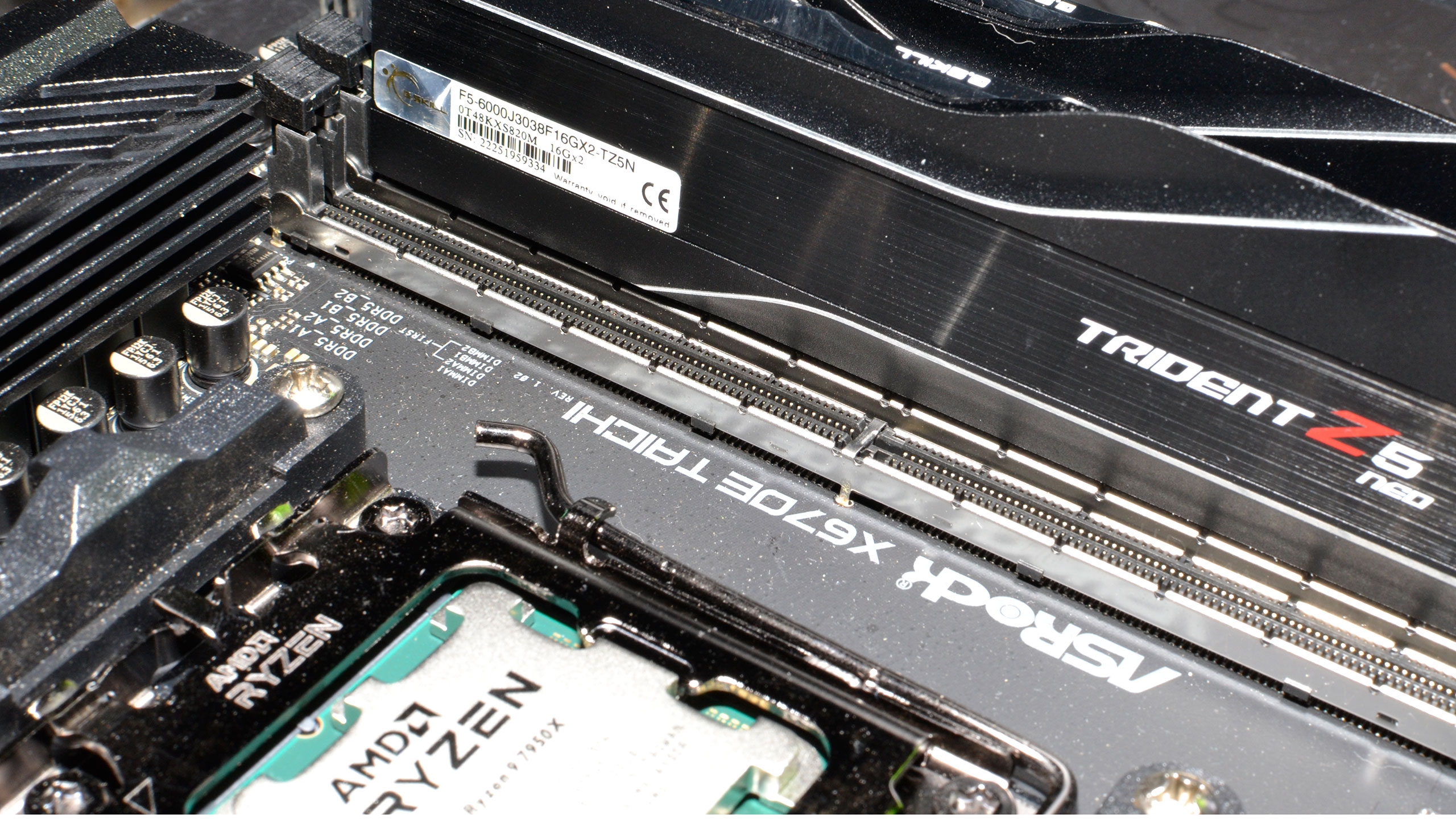
When we assembled the new test PC, we installed all of the then-latest Windows 11 updates. We're running Windows 11 22H2, but we've used InControl to lock our test PC to that major release for the foreseeable future (critical security updates still get installed each month).
Our new test PC includes Nvidia's PCAT v2 (Power Capture and Analysis Tool) hardware, which means we can grab real power use, GPU clocks, and more during all of our gaming benchmarks. We'll cover those results in our page on power use.
Finally, because GPUs aren't purely for gaming these days, we've run some professional application tests, and we also ran some Stable Diffusion benchmarks to see how AI workloads scale on the various GPUs.
- MORE: Best Graphics Cards
- MORE: GPU Benchmarks and Hierarchy
- MORE: All Graphics Content
Get Tom's Hardware's best news and in-depth reviews, straight to your inbox.
Current page: Nvidia RTX 4060 Ti Overclocking and Test Setup
Prev Page Nvidia RTX 4060 Ti Founders Edition Design Next Page GeForce RTX 4060 Ti: 1080p Gaming Performance
Jarred Walton is a senior editor at Tom's Hardware focusing on everything GPU. He has been working as a tech journalist since 2004, writing for AnandTech, Maximum PC, and PC Gamer. From the first S3 Virge '3D decelerators' to today's GPUs, Jarred keeps up with all the latest graphics trends and is the one to ask about game performance.
-
lmcnabney 3.5 stars for what is a fairly negative review.Reply
Who is the target for this product? A console will perform better for the same money and eliminate the cost of the rest of the computer. -
DSzymborski Replylmcnabney said:3.5 stars for what is a fairly negative review.
Who is the target for this product? A console will perform better for the same money and eliminate the cost of the rest of the computer.
Presumably people who want a computer that can do the stuff a console can and still do the other things that a console doesn't do all that well. -
bourgeoisdude Reply
It also costs more :)HKTacticblade said:RX 6800 16GB from previous gen is already better.
Seriously though, I keep waiting for a card around this price point to upgrade to, as I have the 1070 ti, but I keep getting disappointed. I am considering AMD as a protest to what I consider the NVIDIA name tax, but frankly I am skeptical that they will do much better with their 7600 (XT) or 7700 (XT). I play enough older games that I also lean away from Intel. I guess I'm just hanging on to Pascal for a bit longer. -
J_E_D_70 WTH is going on. The $500 2070 Super 8GB from four (!!!) years ago crushes 1080p and is highly competent at 1440p. Two generations later a 4060ti should be equivalent to what... a 2080 or higher? Guess they really have hit a wall.Reply -
dk382 FYI, the professional/content creation portion of the review is for the 4070. Looks like you forgot to replace it with the 4060 Ti's data in the template.Reply -
evdjj3j Reply
I came here to say the same thing.lmcnabney said:3.5 stars for what is a fairly negative review.
Who is the target for this product? A console will perform better for the same money and eliminate the cost of the rest of the computer.
"RTX 4060 Ti comes in just ahead of the RTX 3070 at 1080p, but falls behind the RTX 3060 Ti at 1440p and 4K."
"Being faster than the RTX 3070 is at least something, but the lead is very slim, and the RTX 3060 Ti isn't far behind either. Gen on gen, we're looking at native performance that's only 13% faster with the RTX 4060 Ti."
That's not 3 1/2 starts worthy.
I'm getting the impression that Tom's doesn't want to bite the had that feeds it. -
peachpuff Reply
Maybe it's out of 10 stars? 🤔lmcnabney said:3.5 stars for what is a fairly negative review.
-
bit_user Reply
I also noticed that, but the article text explains it:dk382 said:FYI, the professional/content creation portion of the review is for the 4070. Looks like you forgot to replace it with the 4060 Ti's data in the template.
Note: We're still retesting some of the cards and so the ProViz and AI results aren't quite ready yet. Check back later today... the charts and text below are placeholders from the RTX 4070 launch. -
btmedic04 So more or less 3070 performance for $100 less now, or 3070 performance with double the vram for the same launch price as the 3070 next month. Yeah no thanks. Insane that nvidia thinks they can charge essentially the same price on 3 year old performanceReply
